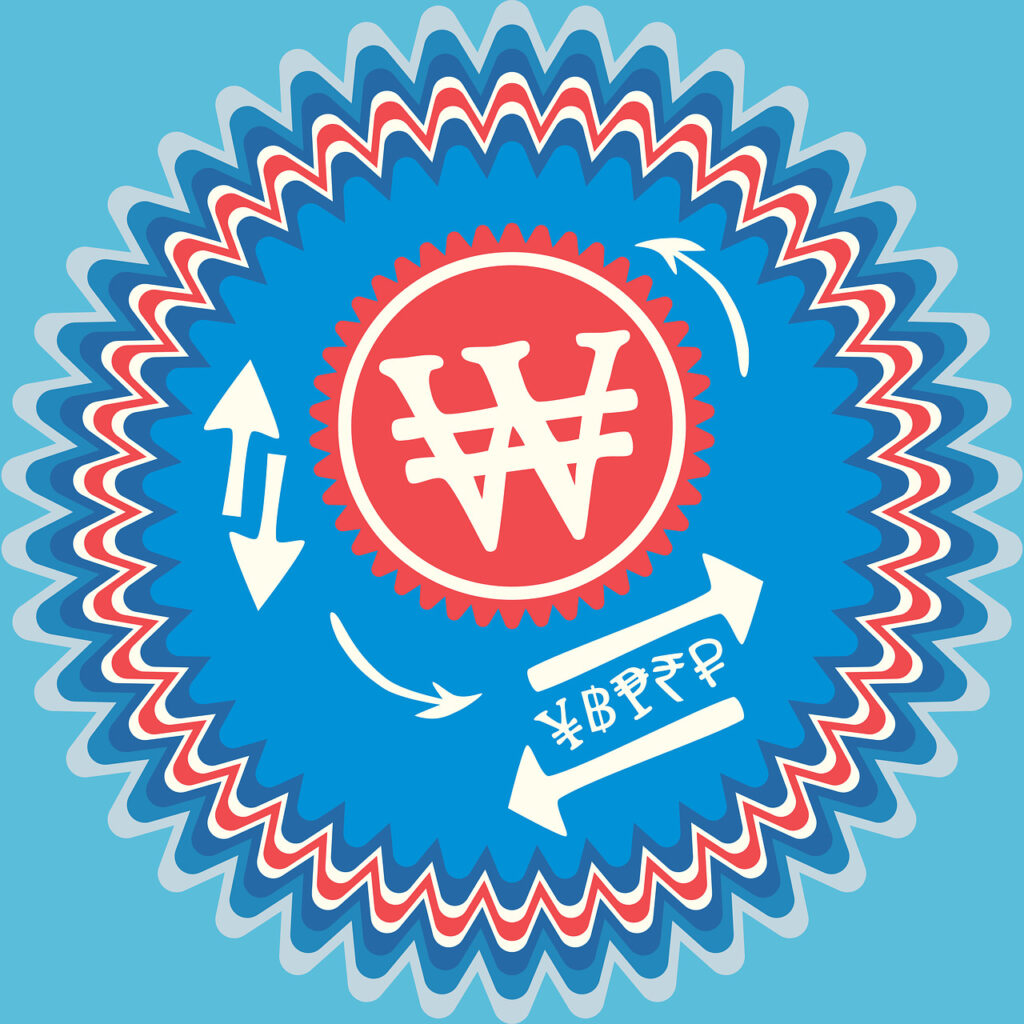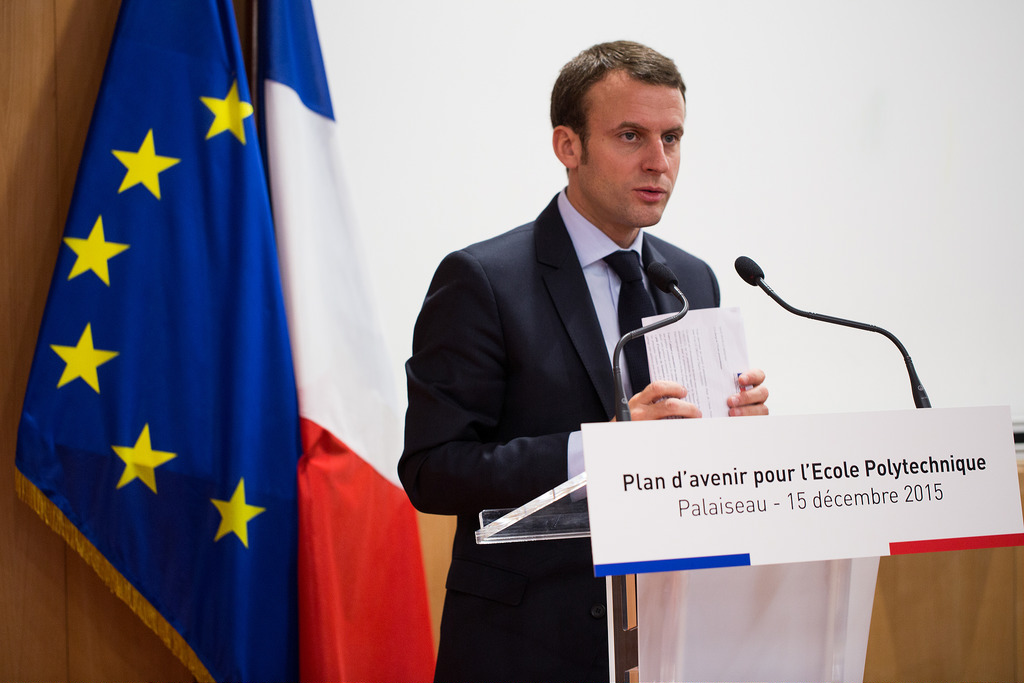North Korea prides itself on rejecting Western capitalist norms and instead favors a type of socialism guided by the Juche ideology. Juche, which roughly translates to “self-reliance,” postulates North Korea must pursue military, political and economic interdependence. Despite this rejection of capitalism, the government has been testing market capitalism through free markets called jangmadang to boost the economy and fulfill the promise of a “people’s first” country.
The regime’s economy has been rocked since its inception. In 1954, the collectivization of farms and the collapse of North Korea’s industry caused widespread famine. As Soviet aid to North Korea began to wane, the economy continued to struggle. A second famine between 1994 and 1998 killed up to a million people, with some sources reporting far greater death counts.
As China progressed toward market capitalism and the Soviet Union collapsed, North Korea fell into an economic depression that gave it no choice but to allow small-scale trade in food to avoid mass starvation.
Even though North Korea has a centrally-planned economy with the promise of equal distribution of resources — like food and clothing — ordinary citizens have suffered. Kim Jong Un wanted to change that. When Kim took the role of Supreme Leader, he decided that he needed to provide his people with a higher quality of life, which was allowing the spread of free enterprise.
Although private market operations are technically still illegal, the state has stopped enforcing the laws around open markets, known as jangmadang. In 2018, there were at least 436 state-sanctioned markets in the country, operated mainly by women whose husbands are off working for the state. North Koreans who can get their hands on goods from China, ranging from banned foreign media to furniture, sell these products in the open markets. Some people even open restaurants or sell phones.
These roughly 400 markets are just the ones that are government-approved in North Korea, with the possibility of hundreds more that are operating illicitly. Cities closer to the border with China are known as “smuggler” villages because they are hotspots for illegal trade between the two countries. Traders and sellers bribe border guards to let people cross into China. As a result, authorities have begun imposing taxes on markets, embracing even more aspects of capitalism and bringing about a unique phenomenon: the government is making millions of dollars from allowing open markets.
With the rise of open markets in North Korea, a middle class is emerging, which is unexpected given the state of its economy just ten years earlier when Kim took power. South Korean intelligence estimates that at least 40% of the North Korean population makes money from entrepreneurship. An average worker involved in the open markets makes 80 times more than an official job. As a result, citizens are less reliant on the government for food, as they can now purchase it themselves.
The gradual shift towards capitalism has positively impacted the North Korean economy, with the last decade’s annual growth rate ranging between 1.5% and 4%. Moreover, the emergence of private markets has increased citizens’ self-reliance, which contradicts the regime’s socialist goals but possibly fulfills the nationalist Juche ideology.
Younger people in North Korea are now growing up as a part of the Jangmadang Generation, named after the informal markets. They are witnessing the emergence of a slightly less isolated North Korea. Along with growing private sector activity, travel is becoming more accessible (if you have the money to bribe officers), and information is flowing more easily in and out of the secluded country because of the markets. Even cars, which are still not allowed to be privately owned, can be rented through bribes or fees.
However, North Koreans still do not have complete stability or equitable access to education and healthcare despite an emerging middle class and better access to necessities. Although North Korea is socialist and healthcare, education, and housing should presumably be free, ordinary citizens must pay for everything. Students must pay their instructor fees, healthcare is neither modernized nor accessible, and many people are still undernourished, although that number is decreasing.
Whether or not the government allows the rise of market capitalism to continue will undoubtedly affect citizens’ welfare and North Korea’s overall economic stability. So the question remains: Will North Korea accept capitalism?







